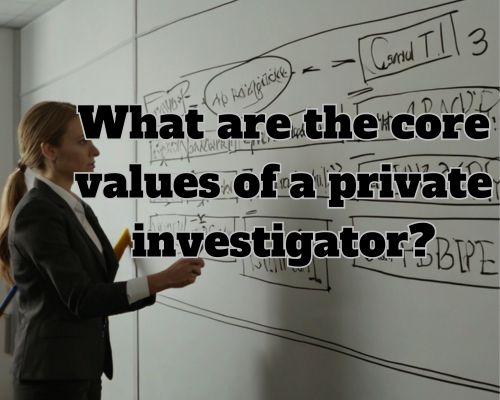What are the factors that should be considered when you decide whether you are a good candidate for silicone breast implants? It is important to keep in mind that different implant surgeons have different opinions on whether this type of surgery is a good fit for you, so it is critical to find out from your plastic surgeon first.
Before you get the “OK” signal from your plastic surgeon, he or she will want to do a thorough assessment of your physical characteristics. These may include measurements taken of your breasts, skin tone, overall body structure, and whether you have any family history of gynecomastia or obesity. Once your profile has been established, your surgeon will then go over how well you respond to other medications that you may be taking, as well as your mental and emotional state.
You will also be given a physical examination to make sure that your implants will not interfere with your current surgery. This exam will consist of an imaging procedure in which a laser is used to create a visual of your chest cavity. Once your surgeon has confirmed that your implants will not negatively affect your current operation, they will then discuss with you your surgical options. You will likely be given a detailed description of what options are available to you and will probably also be told what you need to expect after surgery.
If you are not a good candidate for silicone breast implants, it is important to discuss this possibility with your plastic surgeon. In this case, you may be told to seek the advice and opinion of another doctor. You can even opt to undergo the surgery on your own, but most surgeons will not perform such a procedure without first consulting with a colleague. Although it is sometimes possible to undergo this procedure alone, there are risks that you may not have to consider if you have never had surgery in the past. Furthermore, most doctors will not perform this surgery unless they feel that it is necessary.
Another thing to consider if you are not a good candidate for these types of surgeries is your financial situation. Most patients will need to pay a considerable amount for their surgery, even if the initial cost is lower than typical plastic surgery procedures. If you have a high-deductible health insurance plan, you may be able to negotiate better financing options that will allow you to pay a smaller percentage of the cost upfront. {for your silicone implants. Be sure to let your insurance agent or physician know about this arrangement as soon as you know you will be having breast augmentation surgery so that you are not caught off guard at the final bill.
Once you have assessed your personal characteristics and have talked with a qualified plastic surgeon, you will now know if you are a good candidate for these types of procedures. You can then ask the surgeon if you can start your search for a surgeon that offers these services, so that you can have this type of surgery in a timely fashion and save money in the process.
Daniela Rodriguez MD – Michigan
21727 Greater Mack Ave, St Clair Shores, MI 48080
(586) 777-7260
https://www.drdrodriguez.com



